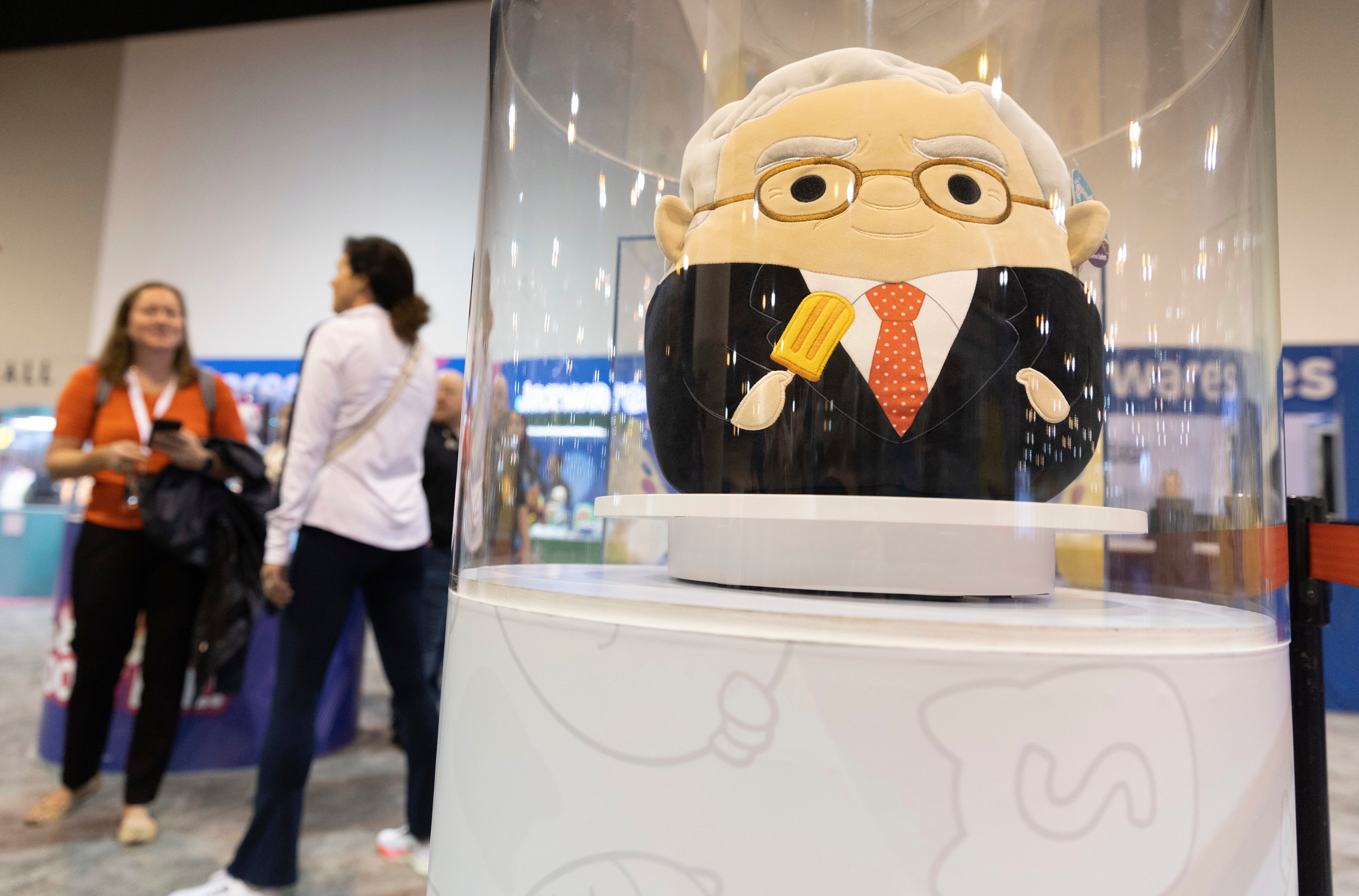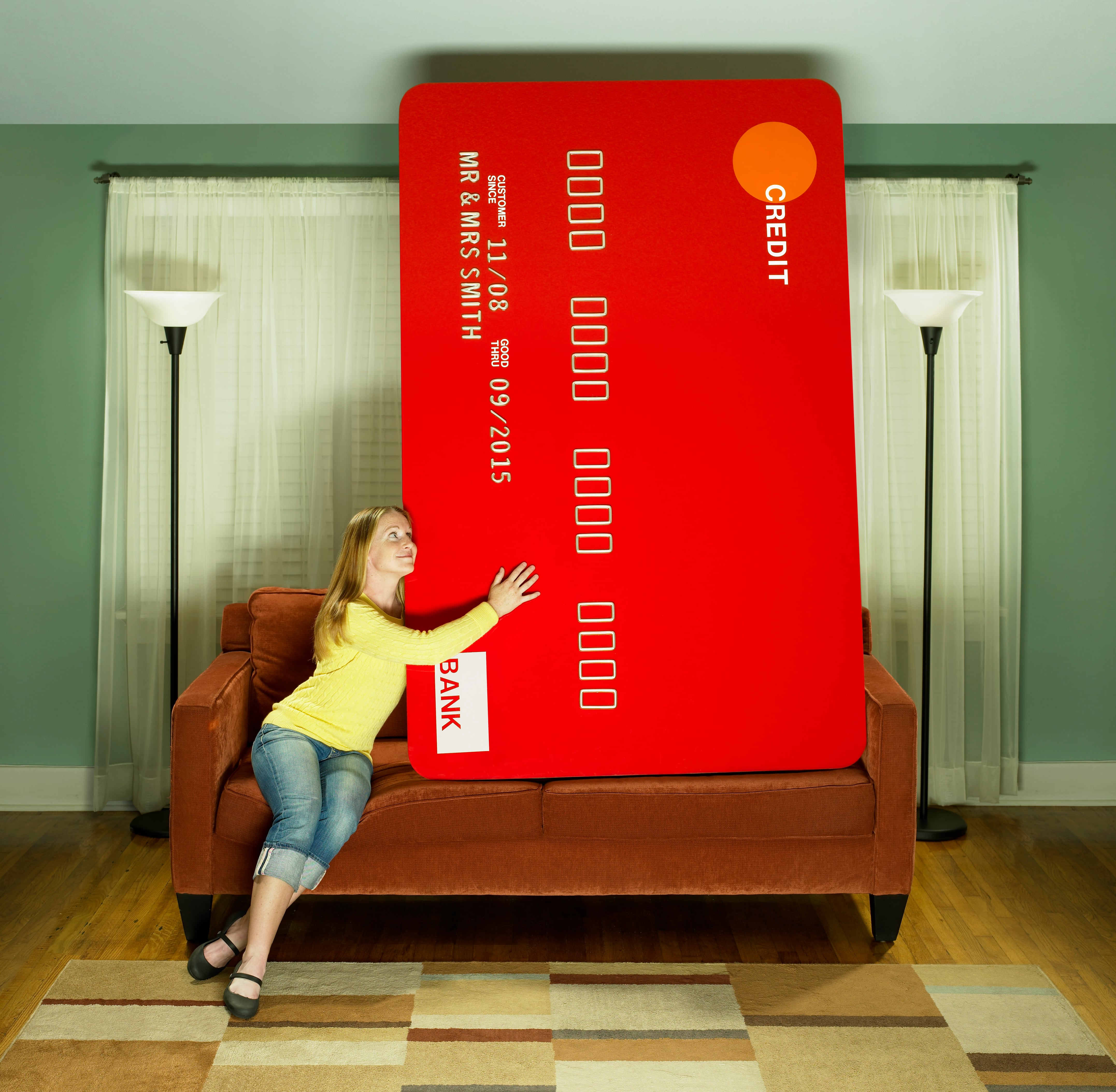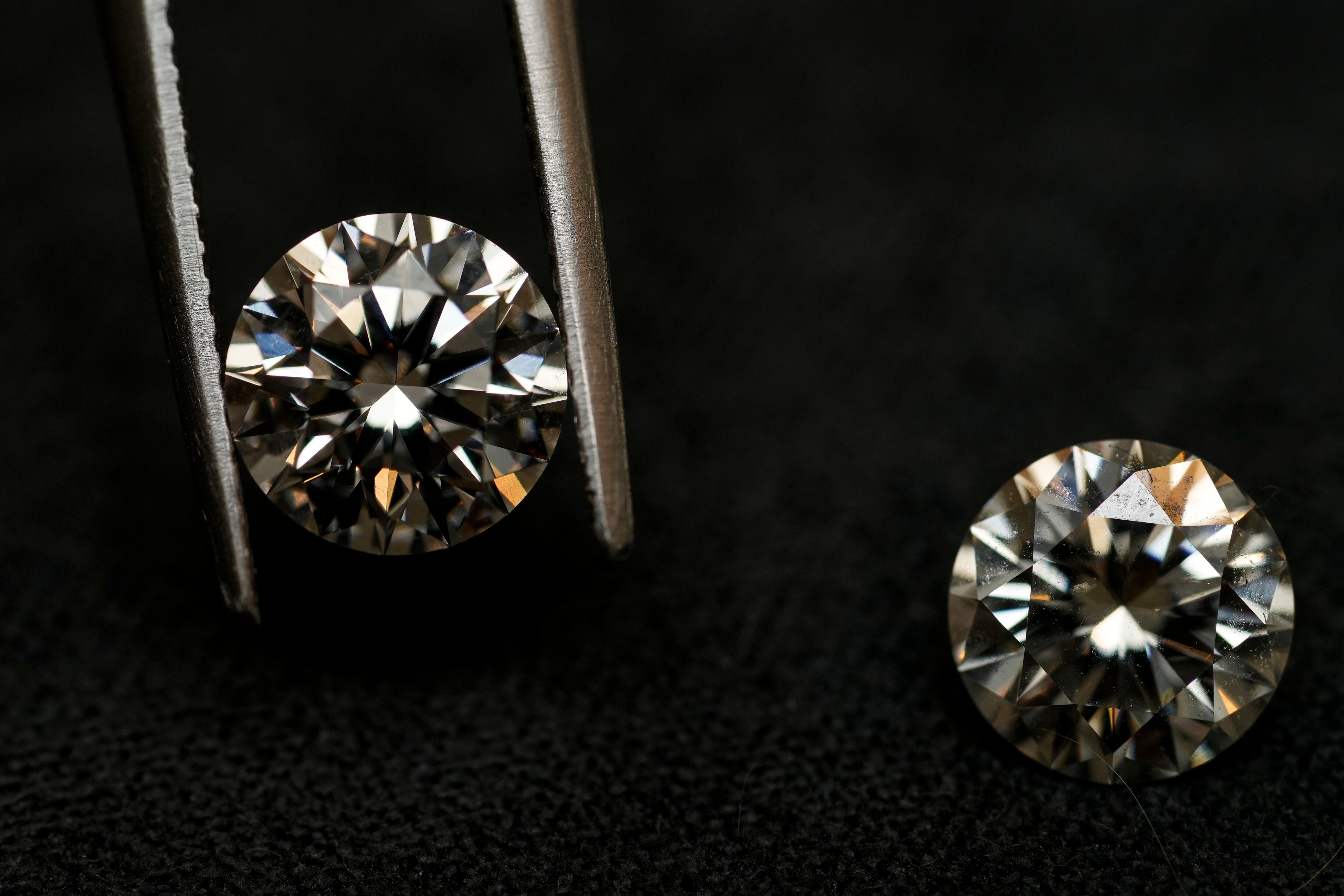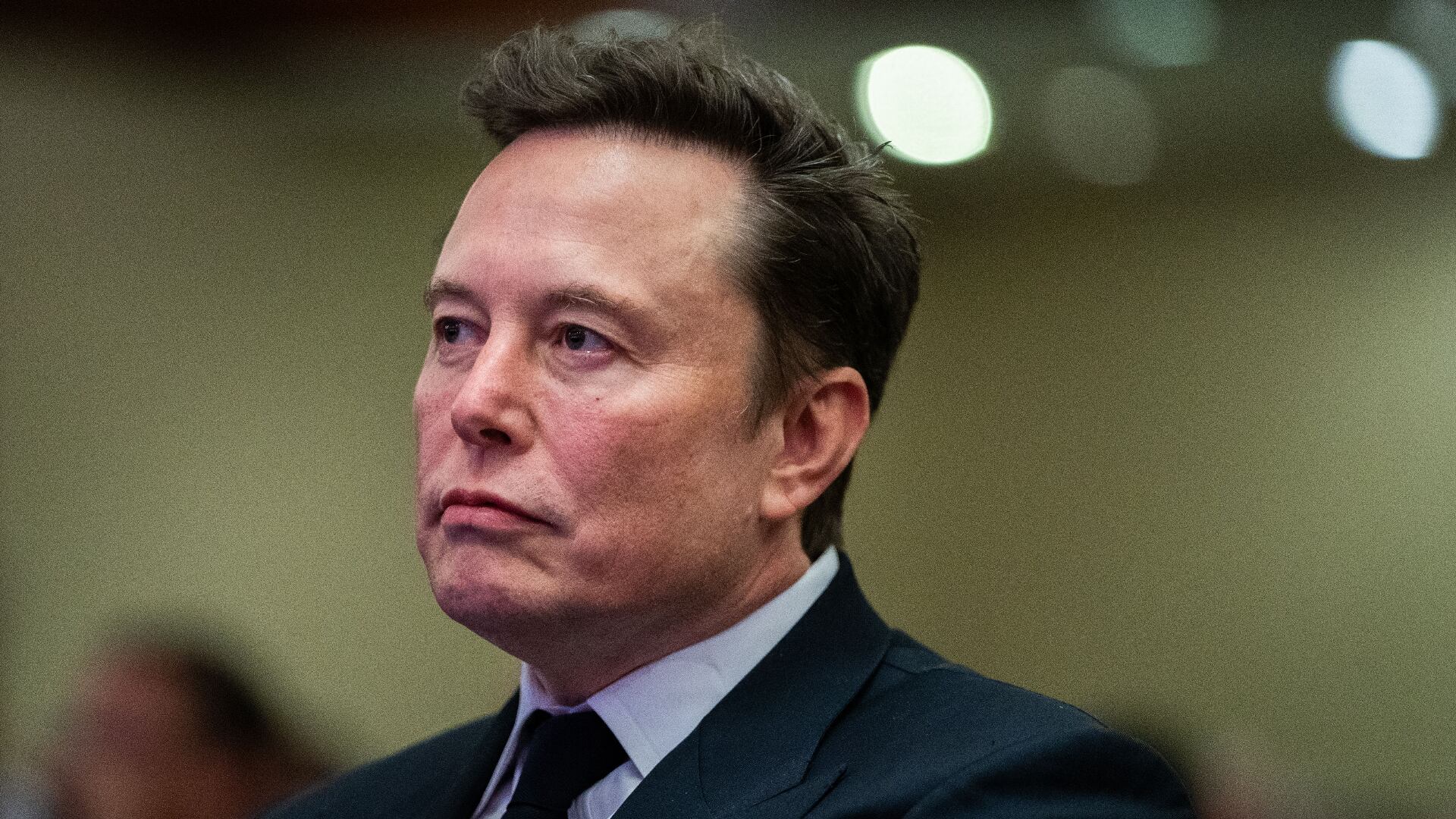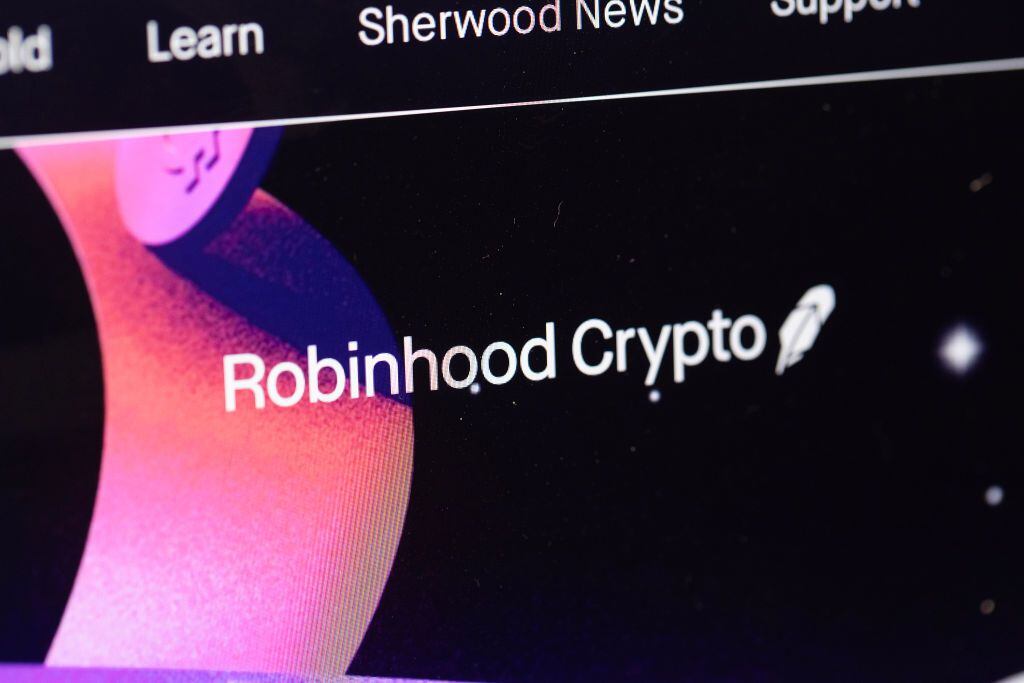*By Carlo Versano* Ford, the century-old automaker that all but invented the concept of the modern car, said it would acquire e-scooter start-up Spin as part of a broad re-positioning of the company as a mobility services provider in an era when car ownership is but one of many options for getting around. Sunny Madra, the vice president of Ford X, the company's tech incubator, told Cheddar in a separate interview that the acquisition fits into Ford's ($F) diversification strategy, particularly as it relates to the eventual goal of building and operating autonomous vehicles in cities. "We think what's happening in the scooter space is going to inform us how AVs are going to get deployed," he said. For Spin, the acquisition comes with the support of a massive force in the industry. "It's not just an acquisition, it's an acquisition where we will be provided tremendous resources as a stand-alone business unit to really compete," Euwyn Poon, the co-founder and president of Spin told Cheddar. Spin is among a handful of scooter companies that have been building goodwill with local governments ahead of its deployments ー a strategy Ford is hoping will come in handy when driverless cars are road-ready. "We wanted a partner that took a city-first approach," Madra said, noting that Spin scooters "only deploy where they have permits in hand." Poon noted that not all scooter ventures started with such a collaborative strategy. "We've seen a couple leading companies take very hyper-aggressive approaches and we've always stuck by our principle and partnership promise with cities and campuses and, I think, now with the capital and the partner with a long-term brand like Ford behind us, I think we're about to make a big difference," Poon said. The acquisition is the latest example of consolidation in the growing "multimodal" mobility industry. Uber snatched up Jump bikes and made a sizable investment in Lime scooters, while Lyft bought the company that operates a number of bike shares, including New York's Citibike. At $90 million, according to [The Wall Street Journal](https://www.wsj.com/articles/ford-buys-electric-scooter-startup-looking-to-diversify-beyond-autos-1541653260), Spin is at the cheap end of the spectrum ー and will give Ford another piece of what's becoming a smorgasbord of mobility investments that already includes the Chariot minibus service, an autonomous partnership with Baidu, and a rideshare deal with Lyft. Madra said Ford has a plan to put Spin scooters in over 100 cities over the next 18 months, which would represent huge growth for a company that currently operates in about a dozen. Because Spin started as a dockless bike share company, it already has various bike permits that it is working to convert into scooter permits, according to Madra, who said that development should help it scale operations quickly. A decade from now, acquisitions like this may look like a smart diversification strategy for automakers like Ford. Like its competitors, Ford is making a bet that the advent of shared, autonomous vehicles is going to drastically realign an industry that has been more or less unchanged for decades and built around the concept that most people want (and need) to own cars, even though those vehicles spend [95 percent](http://fortune.com/2016/03/13/cars-parked-95-percent-of-time/) of their time parked. While scooters won't replace the automobile ー especially for a trip with any considerable distance ー they are a way for cities and citizens to get comfortable with new mobility options, and a way for legacy automakers to make nice with regulators that they'll need to deploy AVs down the line. For full interview [click here](https://cheddar.com/videos/ford-x-vp-talks-spin-acquisition).
